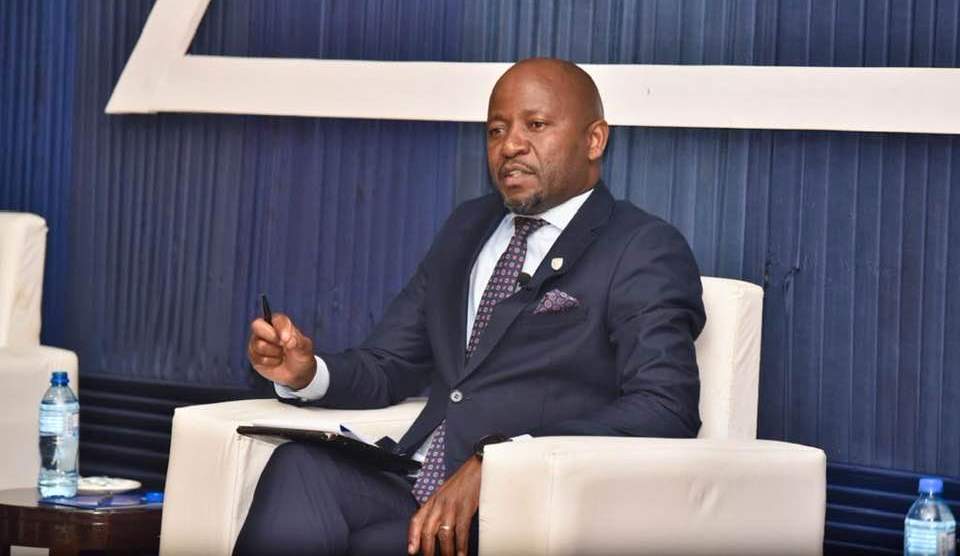68% firms yet to recover from Covid-19—World Bank
The World Bank says at least 68 percent of local firms are yet to recover from the economic fallout caused by the Covid-19 pandemic.
In Country Economic Memorandum (CEM) published last Wednesday, the Bretton Woods institution said 84 percent of firms experienced a loss of sales.

Reads the report in part: “By late 2022, 68 percent of Malawian firms had still not recovered in terms of sales.
“Firms across sectors recorded large sales decreases, with the likelihood being the highest among manufacturing firms.”
The World Bank said persistent blackouts, foreign exchange shortages resulting from the country’s trade imbalances and limited access to financing worsened the negative effects of the Covid-19 pandemic and limited firms’ capacity to recover.
Figures from the World Bank show that government borrowing from commercial banks has risen by 250 percent since 2019, before the Covid-19 pandemic broke out as commercial banks’ preference for low-risk sovereign credit crowds out the private sector.
In a plenary discussion at the launch of the report in Lilongwe, Standard Bank Malawi plc chief executive officer Phillip Madinga said commercial banks and other financial market players will have to return to their “core business of lending to the commercial sector” to ensure that there is financing to catalyse the growth of the private sector.
Economics researcher and consultant Exley Silumbu said it is a challenge to discourage the government from borrowing domestically.
He, however, said that multilateral institutions can leverage their power to contain government borrowing.
“They can also extend more official financial flows to the government to reduce the appetite for domestic debt,” he said.
In a separate interview, Malawi University of Science and Technology economics lecturer Bertha Bangara Chikadza said government will have to enhance its revenue collection, widen the tax base and close up revenue slippages to contain the debts that lead to budget deficits.
She said: “Furthermore, the government needs to reduce borrowing for consumption, funding things to score political mileage. If we prioritise our expenses as a country, surely our borrowing can also be reduced and yes leave some for private investment.”






One Comment